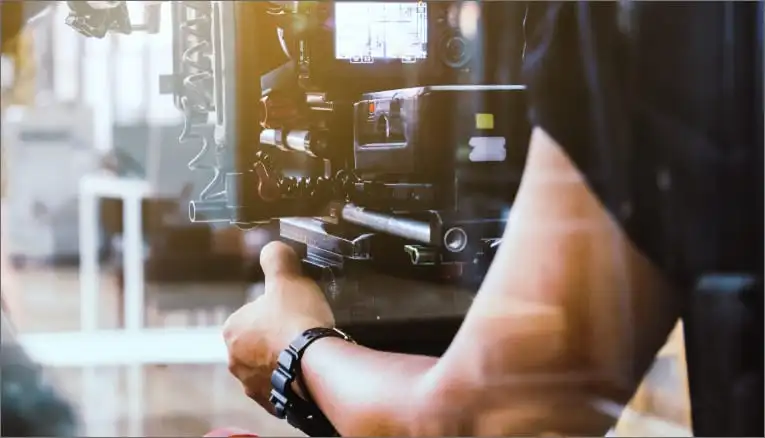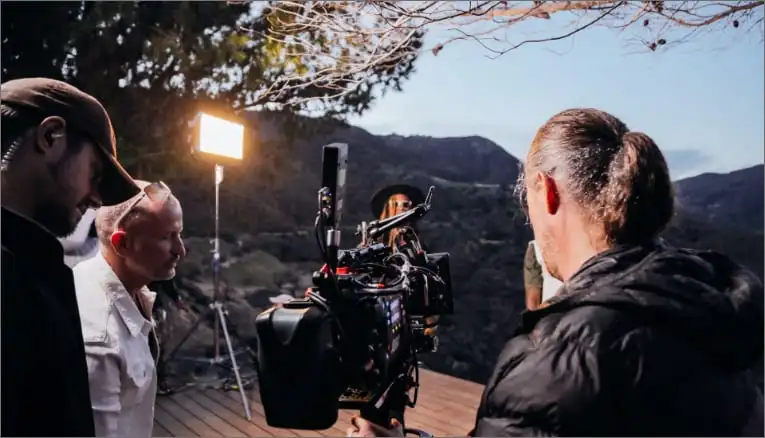Master the Art of Recording: Essential Tips for Recording Arts
Recording arts is a fascinating field that involves the technical and creative aspects of music production. It’s a discipline that combines science and art, where engineers and producers work together to capture and enhance the sound of musical performances. If you’re interested in pursuing a career in recording arts, there are a few essential tips that you should know to help you master the craft.
1. Know Your Equipment
One of the most important things you can do as a recording artist is to understand your equipment. This includes microphones, preamps, mixers, and recording software. Knowing how to use your equipment will allow you to capture high-quality audio and create professional-sounding mixes. Take the time to read the manuals, watch tutorials, and experiment with different settings to get the most out of your gear.
2. Listen Critically
Listening critically is an essential skill for anyone involved in music production. It means learning how to listen to music with a discerning ear, identifying the different elements of a mix, and understanding how they work together. This will help you make informed decisions when it comes to editing, mixing, and mastering your recordings. To develop your listening skills, practice listening to music in different environments and on different systems.
3. Develop Your Musical Ear
In addition to listening critically, it’s also important to develop your musical ear. This means developing your ability to recognize different musical notes, chords, and rhythms. It will help you make informed decisions when it comes to arranging and composing music. To develop your musical ear, practice playing different instruments, and listening to a wide range of music genres.
4. Learn the Fundamentals of Acoustics
Acoustics is the science of sound, and it’s an essential part of recording arts. Understanding the fundamentals of acoustics will help you create better sounding recordings. This includes understanding how sound waves travel, how they interact with different surfaces, and how they’re affected by the size and shape of a room. To learn more about acoustics, consider taking a course or reading a book on the subject.
5. Collaborate with Other Musicians
Collaborating with other musicians is an excellent way to improve your skills as a recording artist. It allows you to learn from others, share ideas, and create music that’s greater than the sum of its parts. Look for opportunities to collaborate with other musicians in your area, or join online communities where you can connect with other recording artists.
Career and Education
If you’re interested in pursuing a career in recording arts, there are several educational paths you can take. Many colleges and universities offer programs in music production, recording arts, and audio engineering. Some of the most well-known schools for recording arts include NYU Tisch, Parsons School of Design, The New School, FIT, and FIDM.
In addition to traditional educational programs, there are also online courses and certificate programs available. Yellowbrick offers a range of music industry courses, including the NYU x Billboard | Music Industry Essentials program. This program provides an in-depth look at the music industry, including topics such as artist management, music publishing, and digital marketing. By completing this program, you’ll gain valuable knowledge and skills that will help you succeed in the recording arts industry.
Key Takeaways
- Understand your equipment and learn how to use it effectively
- Develop your critical listening and musical ear skills
- Learn the fundamentals of acoustics
- Collaborate with other musicians to improve your skills
- Consider pursuing a traditional or online education in recording arts
- Consider taking the NYU x Billboard | Music Industry Essentials program to gain valuable knowledge and skills.








